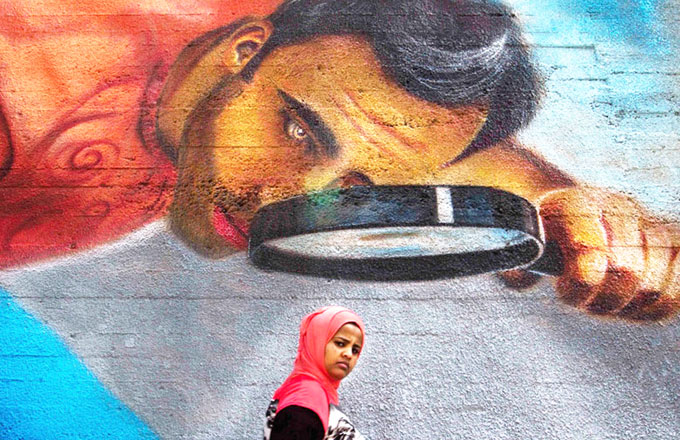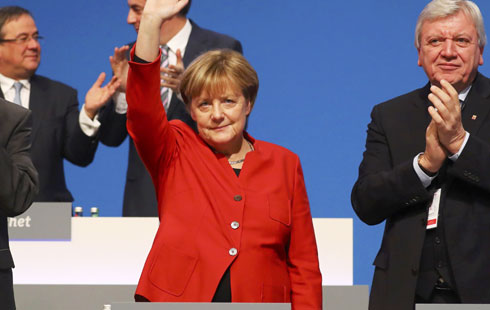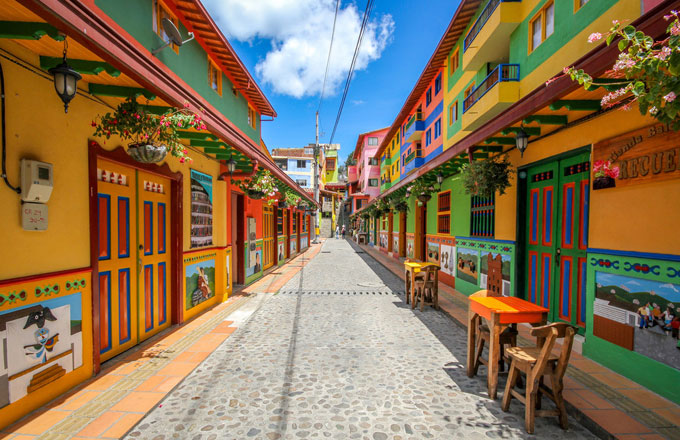Italy's Renzi formally steps down, transition cabinet expected
"Yet, all the other forces will have to take the same responsibility in this case. The PD had already paid the price of solitude," Renzi stressed.
Renzi, now 41, became Italy's youngest prime minister in February 2014, pledging to implement a wide political and economic reform agenda.
The constitutional reform would have streamlined Italy's law-making process by demoting the senate, and leaving to the lower house only the power to bring down cabinets and control national legislation.
According to the oppositions, which joined forces in the No camp, the reform would concentrate too much power in the executive branch.
The reform was rejected by over 59 percent of voters on Sunday, and Renzi, as previously vowed, announced he would take the full responsibility of the defeat and step down.
Among opposition forces, anti-establishment Five Star Movement (M5S) and anti-immigration Northern League were now those pressing hardest for early elections.
Yet, in order to take this path, the current electoral law would need to be changed, or at least amended. In fact, it was approved in 2015 already foreseeing a demoted senate, as proposed in the rejected constitutional reform law, and does not provide complete rules for the upper house.
Furthermore, Italy's Highest Court will rule on the law's legitimacy next month.
For these reasons, president Mattarella was said to be much against new elections "before an homogeneous electoral law for both houses" was approved.



















